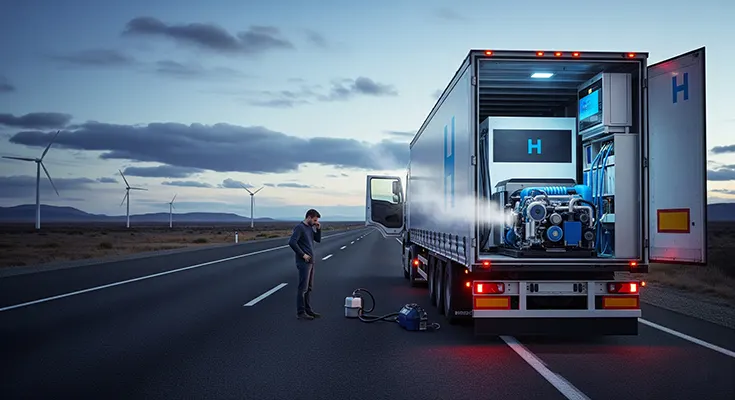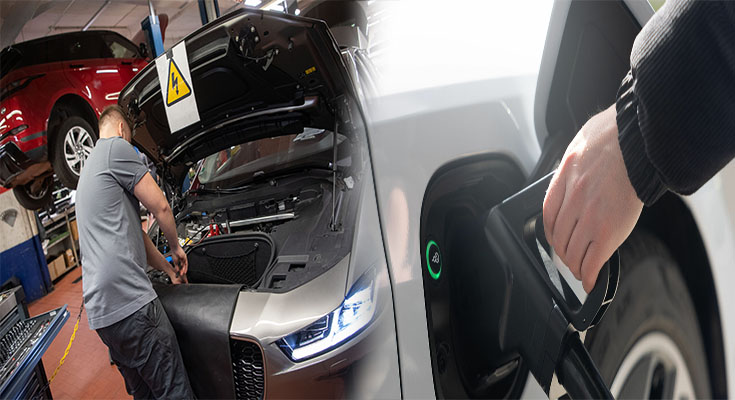The Blueprint for Mobility: How Urban Planning Impacts Public Transportation Ridership
Public transportation is the lifeblood of a healthy city, easing congestion, reducing emissions, and ensuring equitable access to jobs, education, and services. While factors like fare prices and service frequency are often cited as key to attracting riders, the most fundamental driver of public transport use lies in the very design of our cities. Urban planning, through its decisions on land use, density, and infrastructure, creates the blueprint that either encourages or discourages public transportation ridership.
Density: The Foundation of a Viable Transit System
The most critical factor in the success of public transportation is population and employment density. A bus or a train is a mass-transit vehicle, and it can only be economically viable and efficient if there are enough people to fill it. In a sprawling, low-density city where homes are far from workplaces and amenities, providing frequent and convenient transit service is nearly impossible. Long, winding routes …
















